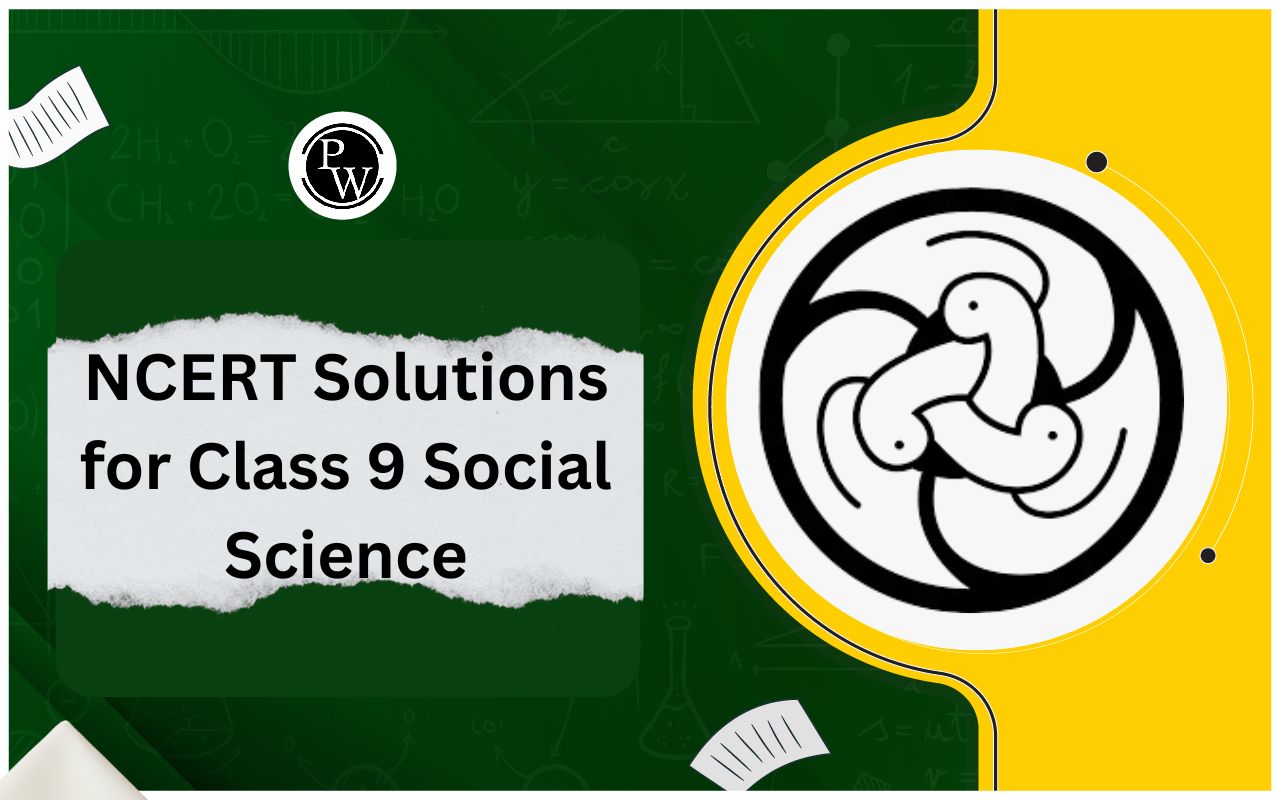
Difference Between MHC Class I And MHC Class II Proteins : The Major Histocompatibility Complex (MHC) is a set of genes that has an essential function in the immune systems of vertebrates. The proteins encoded by MHC genes present foreign antigens to the immune system, triggering a response. Class I and class II MHC have different roles and responsibilities in the immune system.
When antigens from internal pathogens like viruses are presented to T cells, they are presented by MHC class I proteins, which are expressed on the surface of nearly all nucleated cells in the body. MHC class I proteins are composed of a heavy chain, a light chain, and an antigenic peptide and are recognized by CD8+ T cells. MHC class II proteins, on the other hand, are expressed on the surface of specialized antigen-presenting cells, such as macrophages and dendritic cells, and play a crucial role in presenting antigens from extracellular pathogens, such as bacteria, to T cells. CD4+ T cells identify MHC class II proteins, which consist of two heavy chains and two light chains.Related Links -
MHC Class I Proteins
1. Structure and function
MHC class I proteins comprise a heavy chain, a light chain, and an antigenic peptide. The rich and creamy chains form a complex that anchors the antigenic peptide on the cell surface, allowing it to be recognized by T cells. MHC class I proteins play a critical role in the immune system by providing a molecular bridge between the intracellular environment and the immune system. The Structure of MHC class I proteins is highly conserved across species, and the antigenic peptide is generated through antigen processing and presentation. This process degrades cellular proteins into smaller peptides, which are then loaded onto MHC class I proteins for expression on the cell surface. The antigenic peptides presented by MHC class I proteins are unique to each individual, allowing the immune system to recognize and respond to specific pathogens.Difference Between Left And Right Kidney
2. Role in the immune system
MHC class I proteins are critical in stimulating the adaptive immune response by presenting antigenic peptides on the cell surface. T lymphocytes, or T cells, are a type of white blood cell crucial to the body's ability to mount an adaptive immune response.Difference Between Hypothesis And Theory
3. Expression on cells
MHC class I proteins are expressed on nearly all nucleated cells in the body, including epithelial cells, fibroblasts, and hematopoietic cells. The expression of MHC class I proteins on cells provides a mechanism for the immune system to monitor the intracellular environment for the presence of pathogens. The expression of MHC class I proteins is tightly regulated and is influenced by many factors, including the type of cell and the presence of pathogens. For example, the expression of MHC class I proteins may be upregulated in response to viral infections, providing a mechanism for the immune system to respond more effectively to the presence of intracellular pathogens. It ensures the immune system does not attack normal, healthy cells and tissues.Difference Between the Human Brain and Animal Brain
MHC Class II Proteins
1. Structure and function
MHC class II proteins are major histocompatibility complex (MHC) proteins found on the surface of antigen-presenting cells (APCs), such as dendritic cells, macrophages, and B cells. MHC class II proteins comprise alpha and beta chains forming a cell surface complex. MHC class II proteins on the exterior of APCs play a crucial role in triggering the adaptive immune response by presenting antigenic peptides.Difference Between Hydroponics and Aeroponics
2. Role in the immune system
The Role of MHC class II proteins in the immune system is to present antigens from extracellular pathogens to T cells, activating the adaptive immune response. MHC class II proteins are found on antigen-presenting cells (APCs) surfaces, such as dendritic cells, macrophages, and B cells. Through their ability to regulate CD4+ T cell activation and proliferation, MHC class II proteins also play a critical role in regulating the immunological response. This regulation is achieved through the interaction between MHC class II proteins and CD4+ T cell receptors, which can either stimulate or inhibit the activation of CD4+ T cells. It helps to prevent overactive immune responses, which can lead to autoimmune diseases and ensures that the immune system can respond effectively to extracellular pathogens.Related Links -
3. Expression on cells
MHC class II proteins are primarily expressed on antigen-presenting cells (APCs), such as dendritic cells, macrophages, and B cells. These cells play a crucial role in priming the adaptive immune response by delivering antigens to T cells. The expression of MHC class II proteins on APCs allows them to display antigenic peptides derived from extracellular pathogens, which can then be recognized by CD4+ T cells. MHC class II proteins are not expressed in all cell types but only in cells that play a role in the adaptive immune response. This specificity of expression helps ensure that only cells participating in the immune response can present antigens to T cells. In addition to APCs, MHC class II proteins are also expressed in some tissues, such as the thymus and spleen, that regulate the immune response. These tissues contain specialized APCs, such as thymic epithelial cells and marginal zone macrophages, that play a role in T cells' positive and negative selection during development.Difference Between MHC Class I And MHC Class II Proteins <span style=
What are MHC proteins?
MHC proteins, also known as major histocompatibility complex proteins, are a group of proteins located on the surface of cells that play a crucial role in the immune system. They act as markers for self and non-self on cells and present antigens to T cells.
What is the function of MHC class I proteins?
The primary function of MHC class I proteins is to present antigens derived from intracellular pathogens to CD8+ T cells. It allows the immune system to recognize and respond to pathogens that have infected the cell.
What is the function of MHC class II proteins?
The primary function of MHC class II proteins is to present antigens derived from extracellular pathogens to CD4+ T cells. It allows the immune system to recognize and respond to pathogens outside the cell.
Why is understanding the differences between MHC class I and MHC class II proteins significant?
Understanding the differences between MHC class I and MHC class II proteins is essential because it highlights how the immune system recognizes and responds to different pathogens. This information is crucial for developing effective immunotherapies and vaccines and diagnosing and treating immune-related diseases.
What are the potential therapeutic and diagnostic applications of understanding the differences between MHC class I and MHC class II proteins?
The potential therapeutic and diagnostic applications of understanding the differences between MHC class I and MHC class II proteins include the development of more effective immunotherapies and vaccines and new diagnostic tools for immune-related diseases.
🔥 Trending Blogs
Talk to a counsellorHave doubts? Our support team will be happy to assist you!

Check out these Related Articles
Free Learning Resources
PW Books
Notes (Class 10-12)
PW Study Materials
Notes (Class 6-9)
Ncert Solutions
Govt Exams
Class 6th to 12th Online Courses
Govt Job Exams Courses
UPSC Coaching
Defence Exam Coaching
Gate Exam Coaching
Other Exams
Know about Physics Wallah
Physics Wallah is an Indian edtech platform that provides accessible & comprehensive learning experiences to students from Class 6th to postgraduate level. We also provide extensive NCERT solutions, sample paper, NEET, JEE Mains, BITSAT previous year papers & more such resources to students. Physics Wallah also caters to over 3.5 million registered students and over 78 lakh+ Youtube subscribers with 4.8 rating on its app.
We Stand Out because
We provide students with intensive courses with India’s qualified & experienced faculties & mentors. PW strives to make the learning experience comprehensive and accessible for students of all sections of society. We believe in empowering every single student who couldn't dream of a good career in engineering and medical field earlier.
Our Key Focus Areas
Physics Wallah's main focus is to make the learning experience as economical as possible for all students. With our affordable courses like Lakshya, Udaan and Arjuna and many others, we have been able to provide a platform for lakhs of aspirants. From providing Chemistry, Maths, Physics formula to giving e-books of eminent authors like RD Sharma, RS Aggarwal and Lakhmir Singh, PW focuses on every single student's need for preparation.
What Makes Us Different
Physics Wallah strives to develop a comprehensive pedagogical structure for students, where they get a state-of-the-art learning experience with study material and resources. Apart from catering students preparing for JEE Mains and NEET, PW also provides study material for each state board like Uttar Pradesh, Bihar, and others
Copyright © 2026 Physicswallah Limited All rights reserved.









